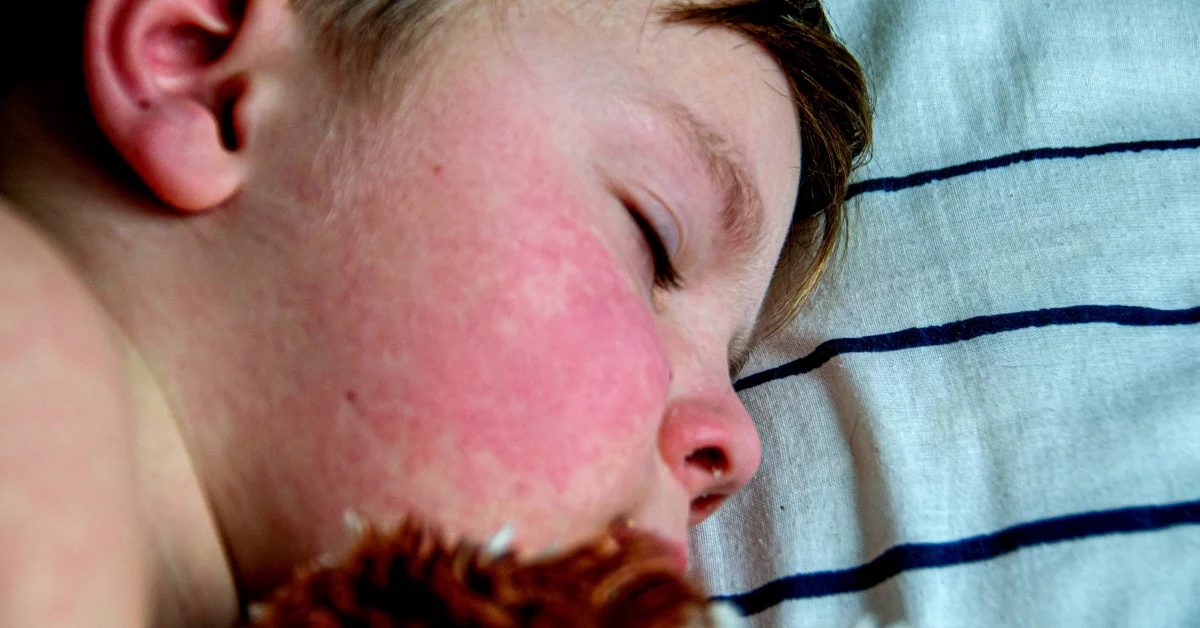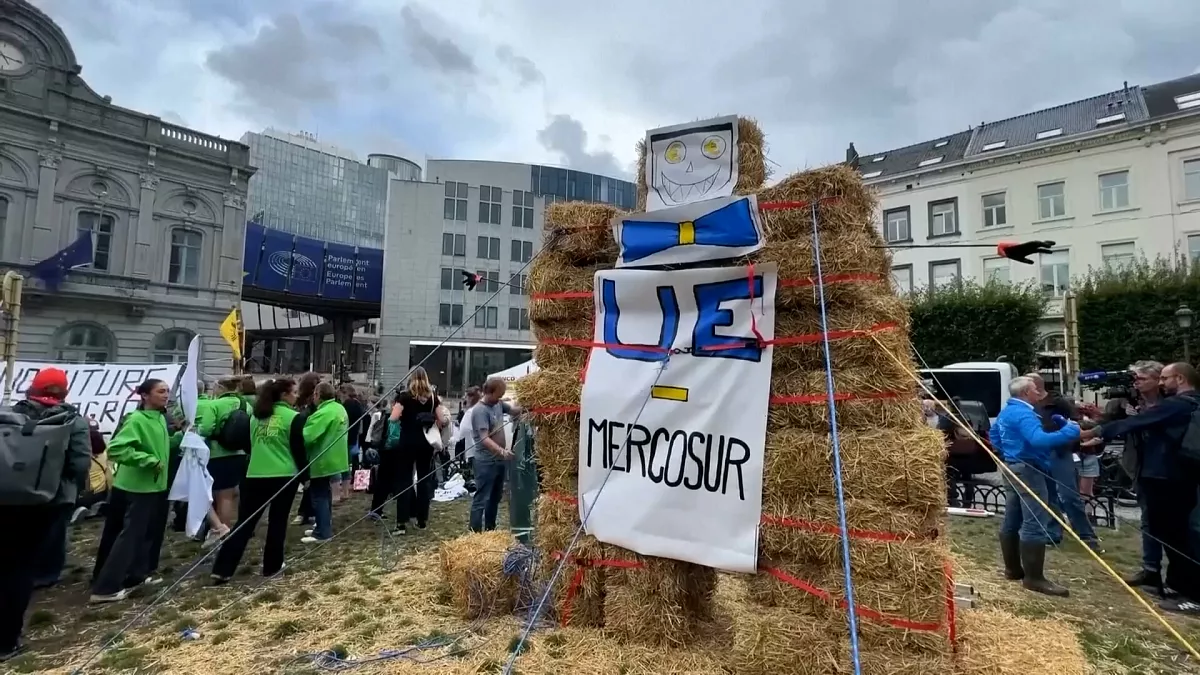- What’s new: A large analysis from MD Anderson Cancer Center and the University of Florida reports that cancer patients who received a Pfizer‑BioNTech or Moderna mRNA COVID‑19 shot within ~100 days of starting immune‑checkpoint inhibitor (ICI) therapy lived much longer than those who didn’t. Median overall survival in advanced lung cancer rose from 20.6 to 37.3 months; in metastatic melanoma, 3‑year survival improved from 44.1% to 67.6%. Findings were published in Nature and presented at ESMO 2025. MD Anderson Cancer Center
- How big is the effect? The adjusted hazard ratio for death was ~0.51 (≈49% lower risk) in the NSCLC cohort after controlling for 39 covariates and correcting for immortal‑time bias. Nature
- Not just preventing COVID: Benefits appear unique to mRNA vaccines in the immunotherapy setting. No similar survival gain was seen around chemotherapy, or with flu/pneumonia vaccines near ICI start. Nature
- Why might it work? mRNA vaccination triggers type‑I interferon and raises tumor PD‑L1, “priming” tumors so ICIs can work better; mouse models showed the combo slowed tumor growth. Nature
- Who benefited most? Patients with “cold” tumors (low PD‑L1) — typically less responsive to ICIs — saw some of the largest survival gains. Reuters
- Timing matters: In conference remarks, investigators said the closer to ICI start (≈30‑day window), the stronger the signal — a hypothesis now headed to trials. Medscape
- What’s next: A randomized Phase III trial (UNIFIER) is being designed to test whether adding a COVID mRNA shot to ICI should become part of standard care. Medscape
- Important caveat: The survival data are retrospective; only a randomized study can prove causality. sciencemediacentre.org
- Broader context: Separate research this year shows boosters still cut COVID‑related hospitalization ~30% in people with cancer — a different, infection‑related benefit. JAMA Network
In depth: What the new data show
A team from MD Anderson and the University of Florida examined outcomes for more than a thousand patients who received immune‑checkpoint inhibitors for advanced non‑small‑cell lung cancer (NSCLC) or metastatic melanoma. Those who received a Pfizer‑BioNTech (BNT162b2) or Moderna (mRNA‑1273) COVID‑19 vaccine within 100 days of starting immunotherapy lived markedly longer than unvaccinated peers. For NSCLC at MD Anderson (n=884), median overall survival increased from 20.6 to 37.3 months, and 3‑year survival rose from 30.8% to 55.7%. In melanoma (n=210), 3‑year survival improved from 44.1% to 67.6%, with median OS not yet reached in vaccinated patients. MD Anderson Cancer Center
Crucially, the association held up after robust adjustments: the authors controlled for 39 clinical variables, performed propensity‑score matching, and explicitly corrected for immortal‑time bias — a common pitfall in vaccine‑timing studies — yet the ≈49% reduction in mortality risk persisted. Nature
The effect also appears specific to mRNA biology and the ICI setting. Patients vaccinated around chemotherapy did not see a survival advantage, and influenza or pneumococcal shots near ICI start did not reproduce the benefit. Nature
How could a COVID shot help fight cancer?
The Nature paper and the ESMO presentation point to a mechanistic synergy: mRNA vaccination provokes a type‑I interferon surge and broad innate/adaptive immune activation, which in turn up‑regulates PD‑L1 on tumors — precisely the pathway targeted by PD‑1/PD‑L1 drugs. In mice, adding an mRNA shot to ICI slowed tumor growth versus ICI alone. Nature
Independent coverage of the study underscores that the largest gains were seen in tumors with low PD‑L1 (so‑called “cold” tumors), a group that typically fares poorly on ICIs. That pattern supports the “priming” hypothesis rather than a mere reduction in COVID deaths. Reuters
What experts are saying (and why caution still matters)
- “Widely available, low‑cost vaccines have the potential to dramatically improve the effectiveness of certain immune therapies,” said study author Dr. Adam Grippin. MD Anderson Cancer Center
- Prof. Lennard Lee (Oxford) urged restraint: “Only a randomized trial can tell us whether the vaccine itself drives the effect.” sciencemediacentre.org
- Prof. Jeff Coller (Johns Hopkins) noted, “The potential to develop an off‑the‑shelf mRNA vaccine to boost cancer immunotherapy is what’s exciting about this work.” Medscape
- Nobel laureate Katalin Karikó added a measured optimism: “It will advance and it will benefit the patient.” The Washington Post
UK specialists reviewing the paper for the Science Media Centre highlighted that the benefit was replicated in preclinical models and likely reflects innate immune stimulation rather than protection from infection — but they also emphasized that healthier patients may be likelier to get vaccinated, a form of residual confounding that only trials can eliminate. sciencemediacentre.org
Is this a “new chapter” in cancer treatment?
It could be — if the randomized evidence confirms it. The team is preparing UNIFIER, a multicenter Phase III trial that will randomize ICI‑treated patients to receive an on‑schedule mRNA COVID shot or not, to determine whether vaccination should be incorporated into routine immunotherapy care. Medscape
Meanwhile, related 2025 lab work from the University of Florida showed that non‑tumor‑specific mRNA vaccines can “wake up” the immune system and sensitize otherwise resistant tumors to ICIs via early type‑I interferon responses — a potential universal strategy now advancing toward human testing. PubMed
What this doesn’t mean
- It does not mean COVID vaccines cure cancer or help every patient with every cancer. The real‑world benefit has been observed so far in NSCLC and melanoma patients on ICIs, and causality remains to be proven. Nature
- It does not suggest any benefit from non‑mRNA vaccines or from giving vaccines outside the immunotherapy context. Nature
What patients and families should know right now
- Staying up to date with COVID vaccination remains important in cancer care for a separate reason: reducing the risk of severe COVID‑19. In a large US cohort, boosters cut COVID‑related hospitalizations by ~30% among people with cancer. JAMA Network
- If you or a loved one is starting immunotherapy, this new research raises a promising — but still unproven — strategy. Decisions about vaccination timing during cancer treatment should be made with your oncology team while we await randomized data. (Context from expert reactions and study limitations.) sciencemediacentre.org
Methods at a glance (for readers who want the details)
- Design: Retrospective cohorts (MD Anderson); Nature study included 884 NSCLC and 210 melanoma patients on ICIs. Analyses adjusted for 39 covariates, used propensity‑score matching, and corrected for immortal‑time bias. Nature
- Exposure: Receipt of mRNA COVID vaccine (BNT162b2 or mRNA‑1273) within 100 days of initiating ICI (a 50‑day window was also tested in sensitivity analyses). Nature
- Comparators: Unvaccinated ICI recipients; additional analyses looked at chemotherapy cohorts and non‑mRNA vaccines (influenza/pneumococcal). Nature
- Key results: NSCLC median OS 20.6→37.3 months; 3‑yr OS 30.8%→55.7% (HR 0.51). Melanoma 3‑yr OS 44.1%→67.6% (median not reached). Effects strongest in PD‑L1–low tumors. MD Anderson Cancer
The bigger picture: mRNA’s expanding role in oncology
Beyond this unexpected “boosting” effect from standard COVID shots, researchers are separately advancing mRNA cancer vaccines designed specifically for tumors — including personalized and “off‑the‑shelf” approaches — supported by new mechanistic work on type‑I interferon and epitope spreading. These avenues may complement, not replace, today’s immunotherapies. PubMed
Sources and further reading
- Nature: primary paper detailing survival analyses, mechanistic studies, and sensitivity checks. Nature
- MD Anderson ESMO 2025 newsroom summary with key numbers and trial plans. MD Anderson Cancer Center
- Reuters, Washington Post, AP: newsroom coverage summarizing results, PD‑L1 context, and outside commentary. Reuters
- Medscape: conference reporting, timing insight (~30‑day window) and UNIFIER trial details, with external expert viewpoints. Medscape
- Science Media Centre: independent expert reactions highlighting promise and limitations. sciencemediacentre.org
- JAMA Oncology (2025): booster effectiveness against severe COVID in people with cancer (separate but important). JAMA Network
Editor’s note for readers: This is early‑days science. The survival gains reported here are observational and seen in specific cancers receiving ICIs. Randomized trials now in development will tell us if, when, and how mRNA vaccination timing should be incorporated into cancer‑care playbooks. Until then, treat this as promising, not practice‑changing, news. Medscape




![Świąteczne spotkania sprzyjają rozprzestrzenianiu się wirusów. Eksperci przypominają o znaczeniu szczepień przeciw COVID-19 [DEPESZA]](http://www.newseria.pl/files/1097841585/szczepienia-still-5.jpg)









